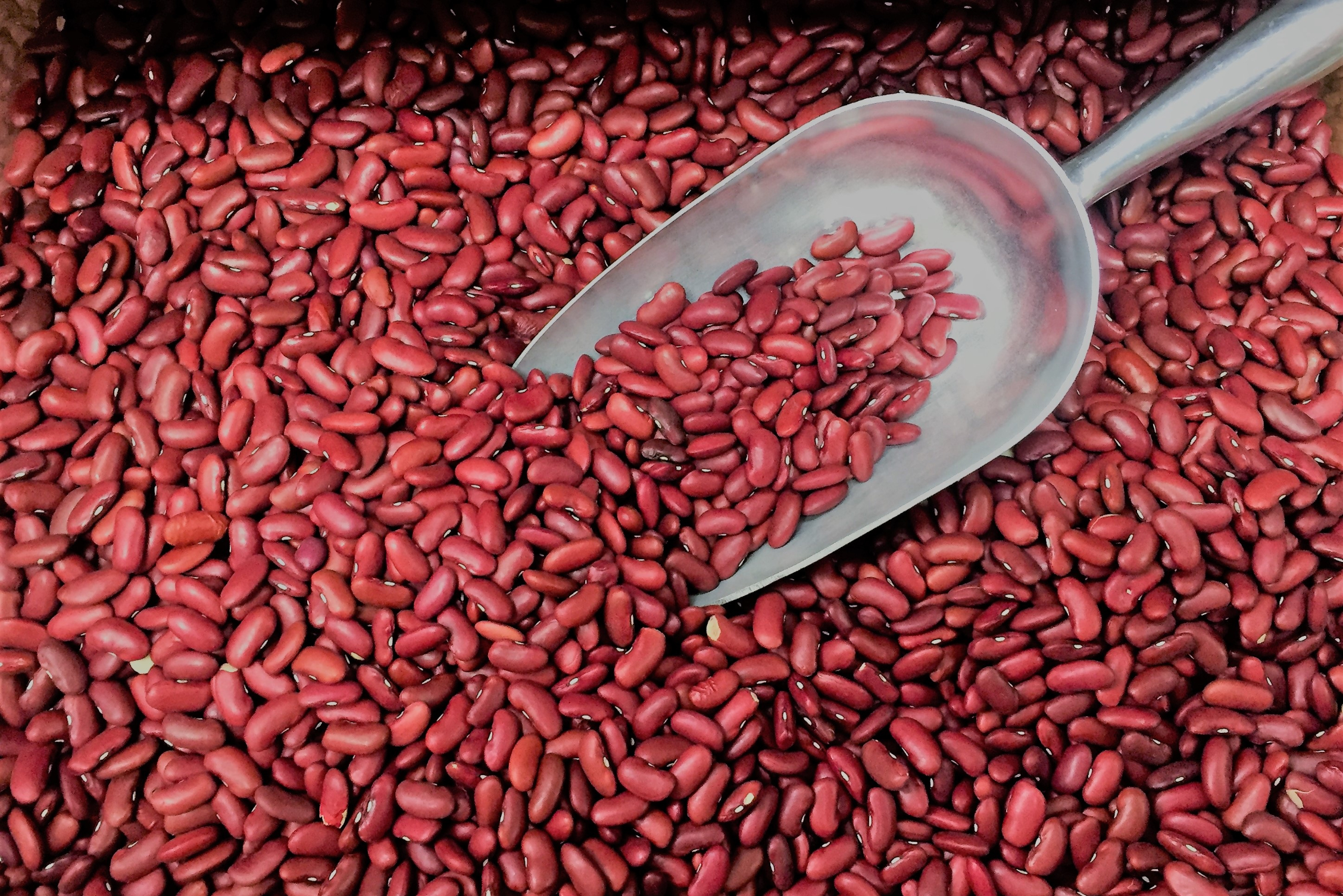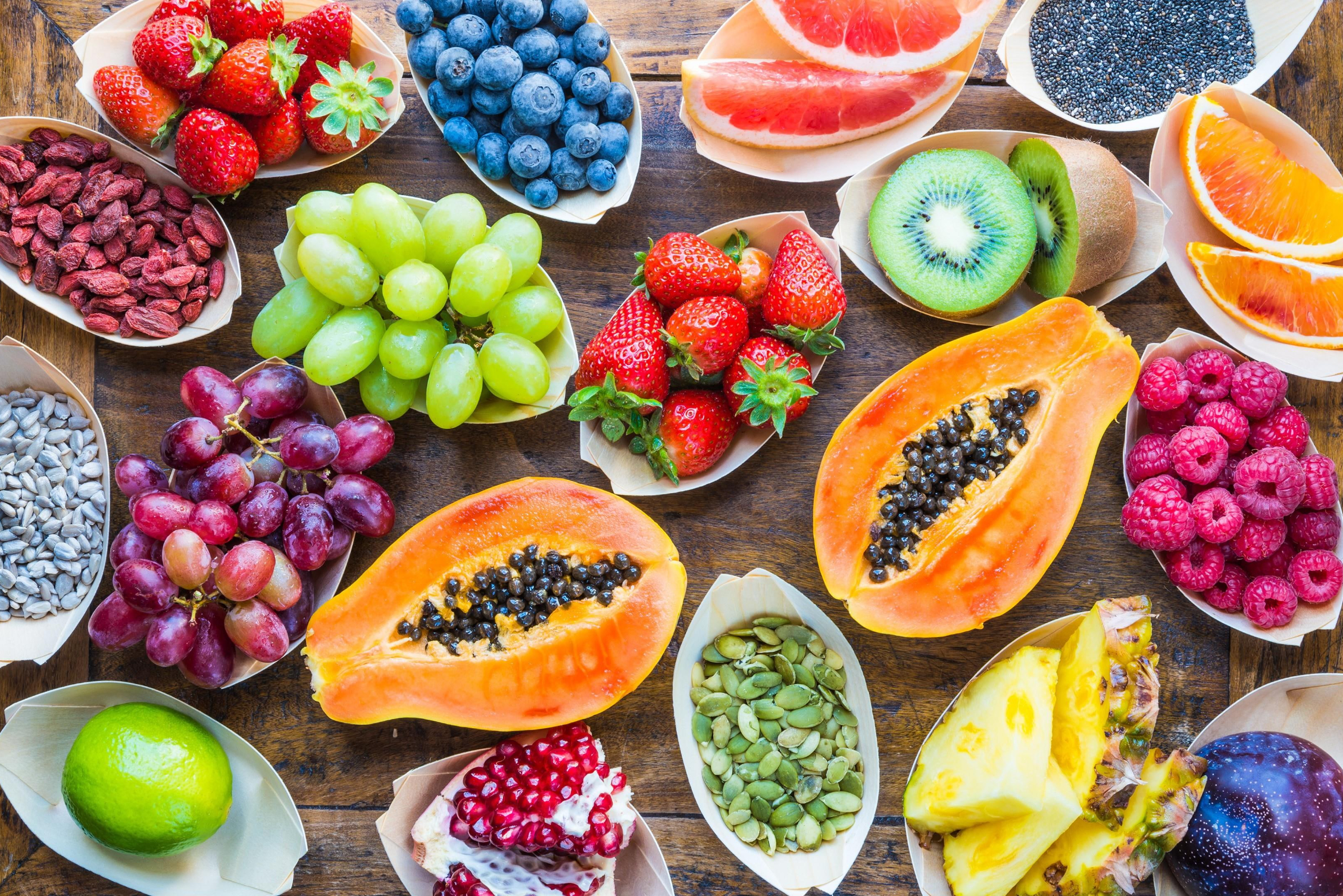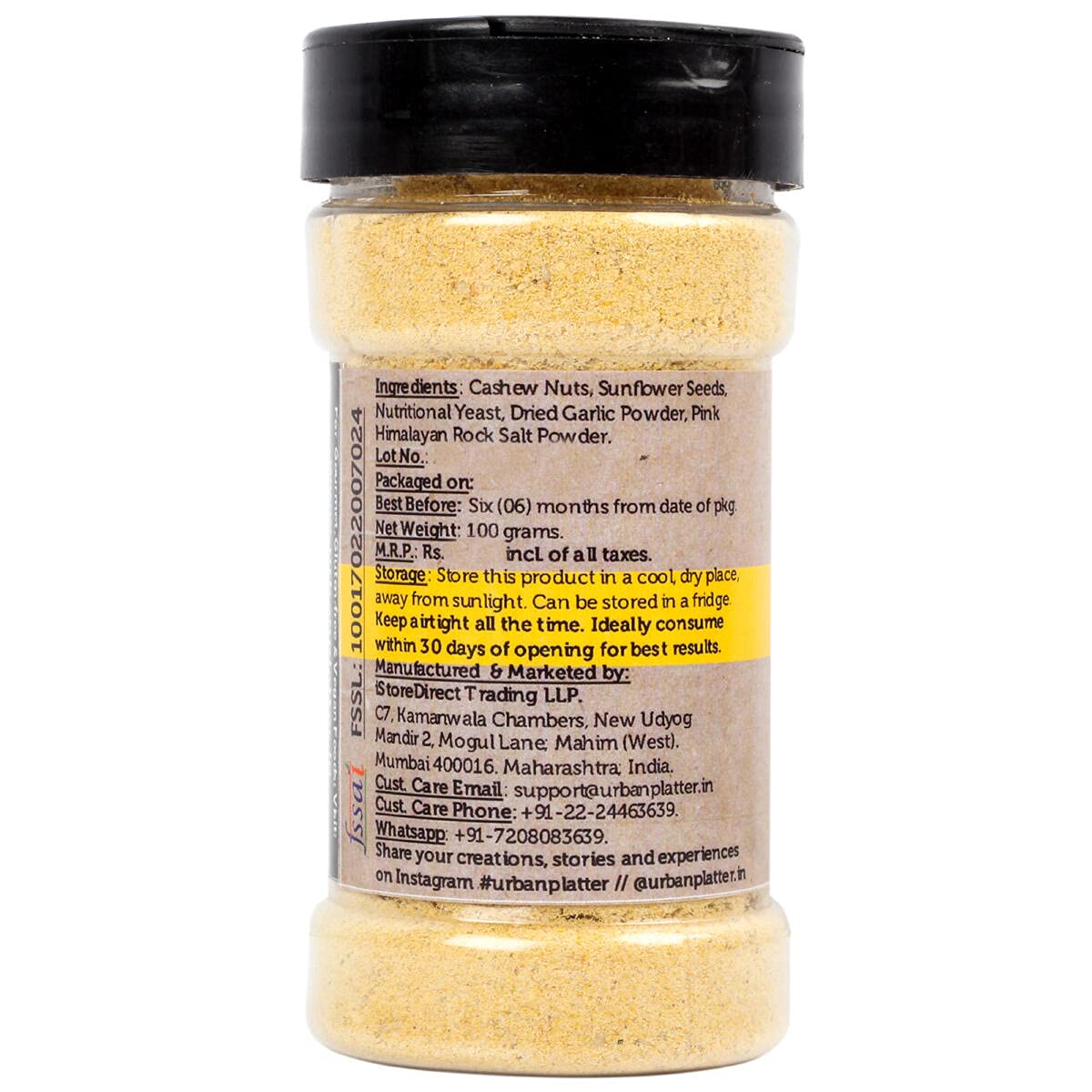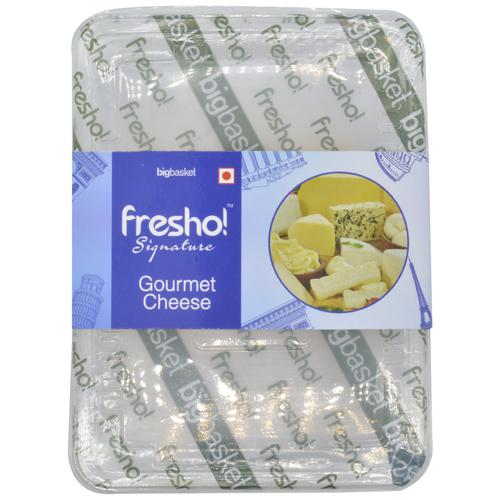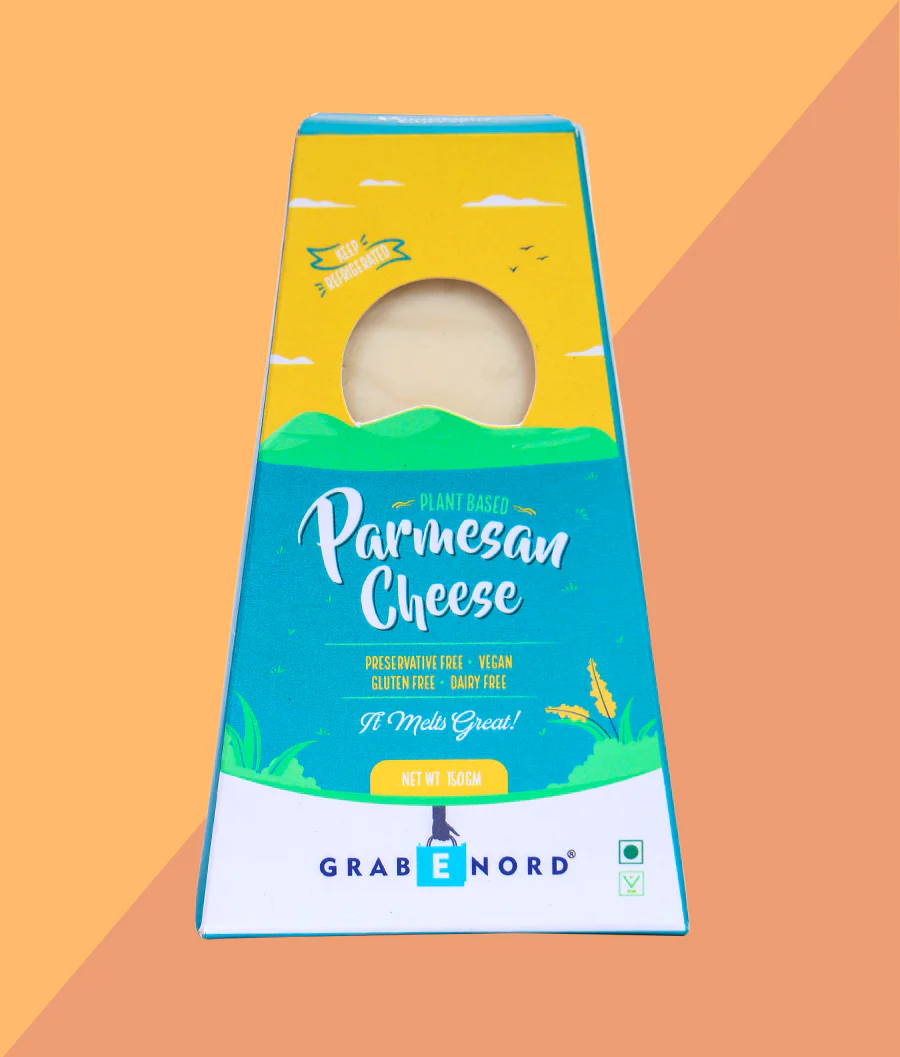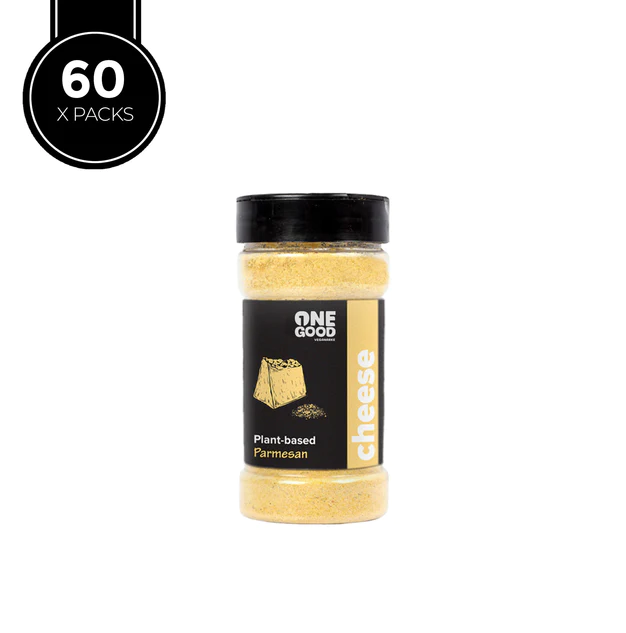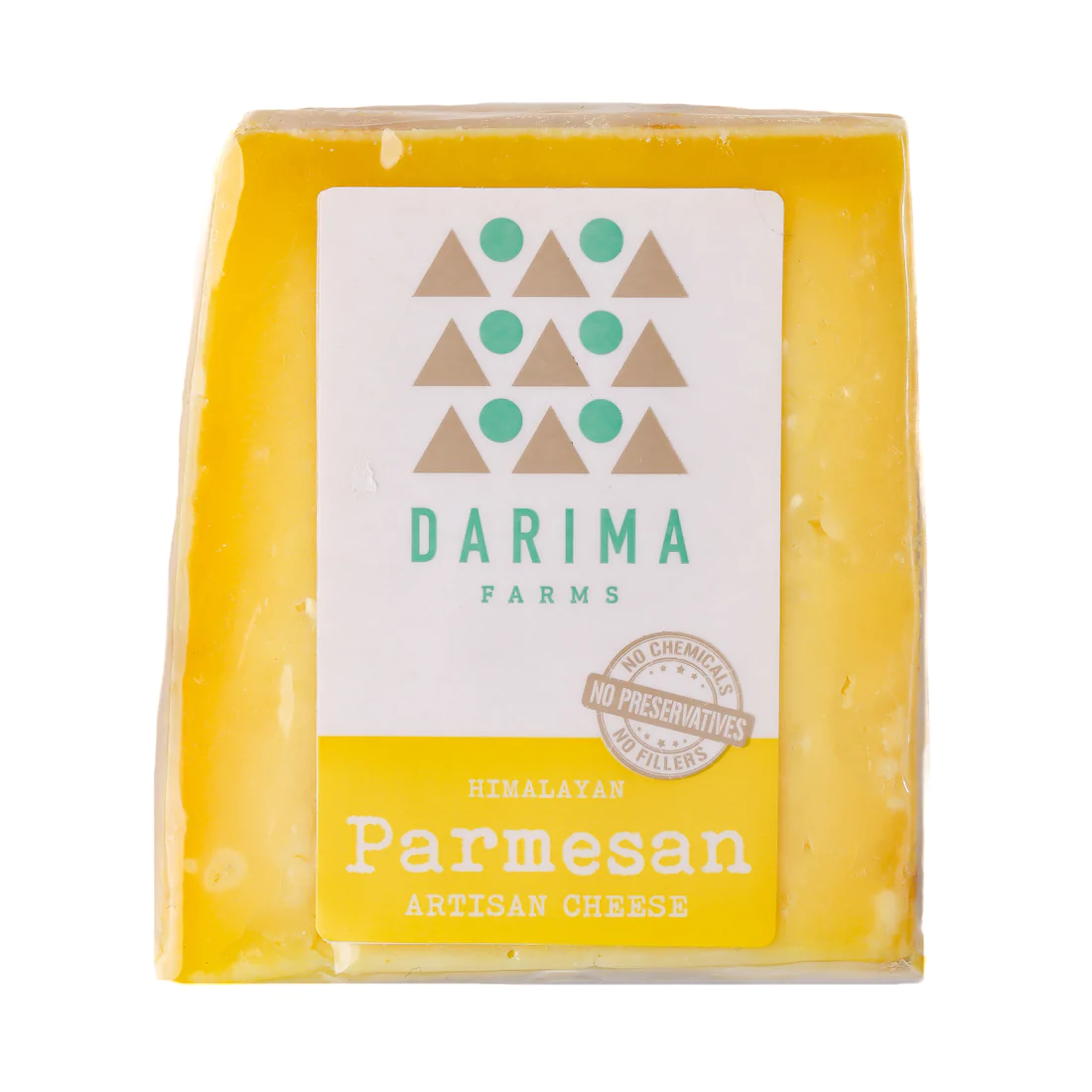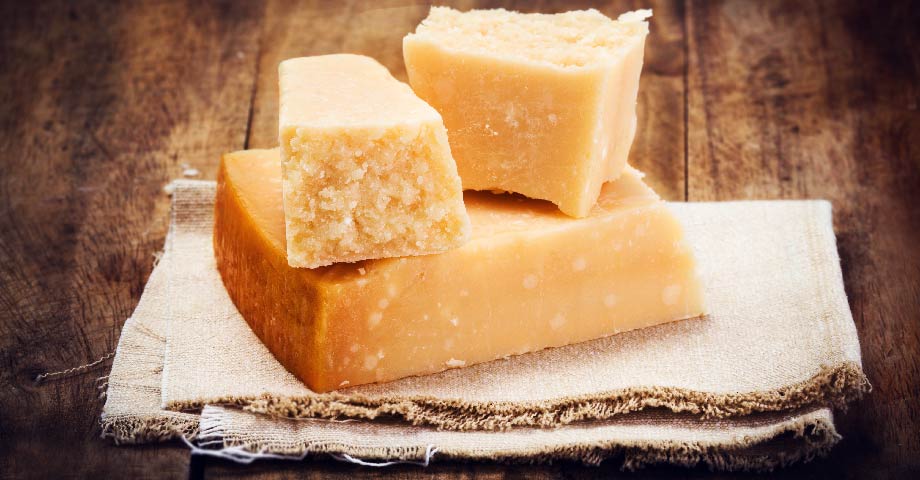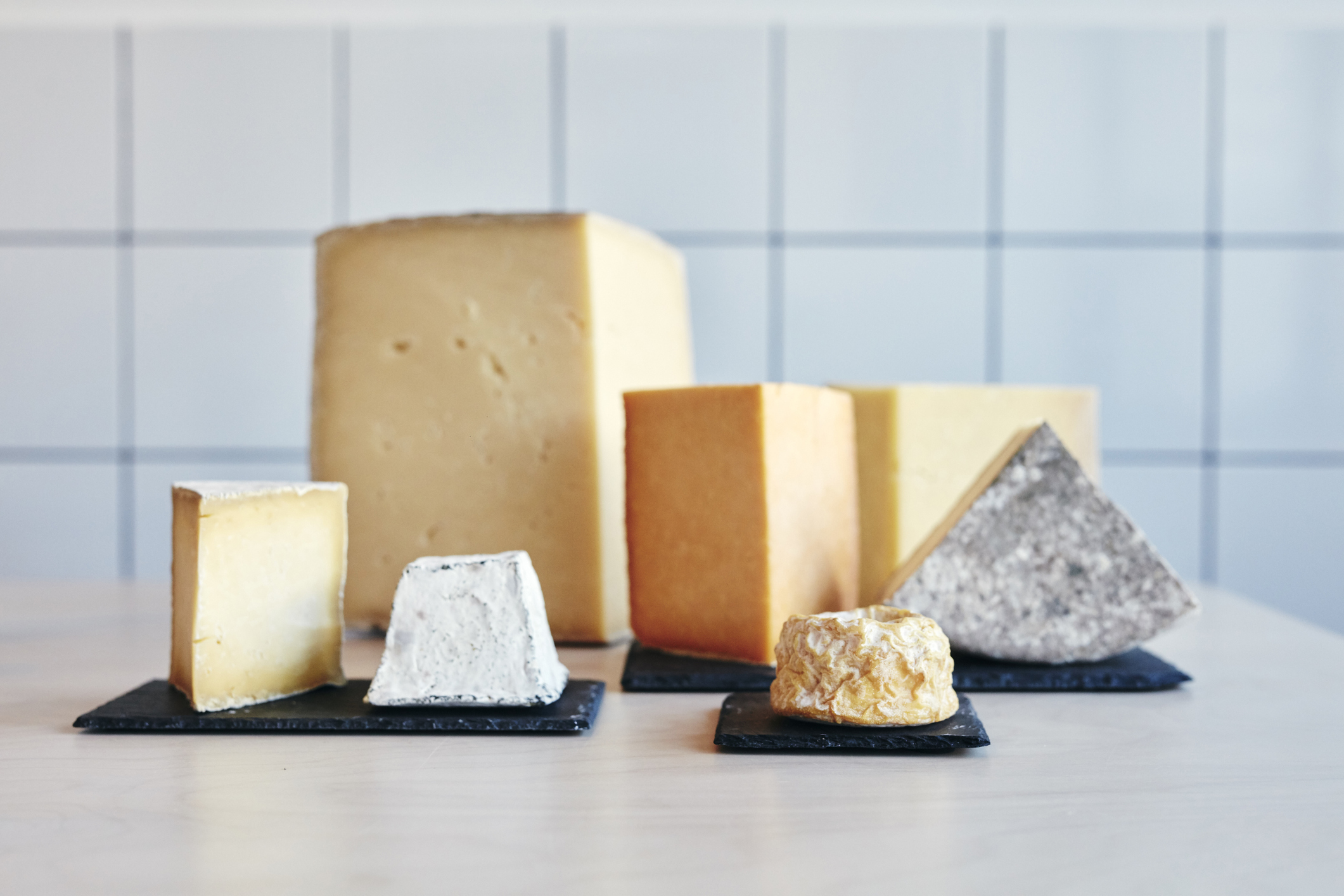Published Date January 24, 2003
Why is Parmesan cheese considered non-vegetarian?
By Naurin Ansari
4 min read
Last update date: January 24, 2003
The reason why parmesan is non-vegetarian is “Rennet”. Rennet comes from an organic substance that contains an enzyme called renin.

We all love cheese if we are not the exceptional cases especially pizzas with molten cheese spread on them making them impossible to resist. Today, cheese is also included in traditional Indian dishes like dosa and samosa.
Surprisingly, even after being a nutritionist, I never heard about cheese being non-vegetarian. Only when I came across the processing of parmesan cheese, did I understand that cheese can have a non-veg variant too. So let’s get to know more about parmesan cheese in this blog.
What is parmesan cheese?
Parmesan cheese is an iconic hard cheese that originates from Italy. It is widely used and produced all over the world. The interesting part is that parmesan cheese is a ‘protected cheese’, which means cheeses made in a certain way and a certain area of Italy can only be labelled as Parmesan cheese. This cheese is traditionally made from a combination of whole milk from the previous morning and skim milk from the previous evening.
When we talk about its taste, parmesan cheese has a fruity, nutty flavour and a firm texture. Cheeses that imitate parmesan or are inferior to parmesan may taste a little bit bitter. Parmigiano Reggiano cheese is commonly grated over pasta and used in risottos and soups. It can also be consumed as a snack on its own.
Parmesan - a non-vegetarian cheese
The reason why parmesan is non-vegetarian is “Rennet”. Rennet comes from an organic substance that contains an enzyme called renin.
The organic substance is majorly found in the fourth stomach lining of young calves, lambs, and other dairy-consuming animals. As soon as these animals shift from dairy to grass as their main diet, the enzyme starts to disappear. The unavailability of renin would not allow the milk to curdle which is necessary for cheese production. (3)
What is rennet's role in the Parmesan process?
The stomachs of young grazing animals play an important role in making parmesan cheese and thanks to renin the enzyme.
During the production process of parmesan cheese, rennet is introduced to separate the solid and liquid parts of the milk. it is only added after unpasteurized cow’s milk is heated. (4).
Types of Rennet
There is no one type of rennet. It has different types as mentioned below.
- Animal rennet: This type of rennet comes from the stomach lining of ruminant animals (animals having 4-chambered stomachs). It is considered traditional as it has been used for the longest time and is an integral part of making classic old-world cheese.
- Microbial Rennet: This type of cheese is obtained from the fermentation of the fungus Rhizomucor miehei.
- Chymax: This is a non-animal-based rennet. It makes use of genetic material (DNA) that is taken from animal stomach cells and then replicated in yeast before being fermented and filtered. This is the most commercially popular rennet, and it does permit cheese to bear the tag "vegetarian."
- Plant-based rennet: Plant-based rennet, which is less popular than other rennets, uses enzymes from a variety of plants, frequently the thistle, artichokes, and nettles.. (4)
How to identify animal byproducts in cheese?
The best way to identify a ‘non-vegetarian cheese’ is to look for pepsin, traditional rennet, animal enzymes, or rennet in the ingredient list.
When cheesemakers utilize plant-based rennet, they generally refer to it as thistle rennet, plant rennet, or vegetarian rennet in the ingredient list.
The Food and Drug Administration (FDA) does not demand that cheese producers reveal the kind of rennet they use, though. If the product's package merely says "enzymes" and not "vegetarian-friendly," then animal rennet was probably utilized.
If a list of ingredients is not available then the best way to avoid animal-based cheeses is to keep away from the following traditional cheeses -
- Traditional mozzarella cheese
- Parmesan, or Parmigiano-Reggiano
- Gorgonzola
- Goat cheese
- Camembert (5)
What about other Cheeses?
Other cheeses besides Parmesan also make use of animal rennet to start the cheesemaking process. Animal rennet is also used in the production of several well-known hard and soft cheeses such as Grana Padano, Gorgonzola, Gruyere, Manchego, Pecorino Romano, Camembert, and Boucheron.
In many regions of Spain and Portugal, these are traditionally the ingredients of choice for cheesemakers and are frequently used to create traditional aged cheeses. Since animal rennet lasts longer than the other types of rennet, it is preferable for aged cheeses. Most vegetarian cheeses have a six-month age limit because plant-based rennet can impart bitterness to the product if matured for an excessively long time.
Takeaway
Now that you know that parmesan cheese is a nonvegetarian cheese, you will surely start looking at the label of all the cheeses you buy. But, rennet isn't the only coagulant available, even though it's a crucial ingredient in cheese production. Soft cheeses often use an acid, such as vinegar, lemon juice, or whey. These softer cheeses including mozzarella, ricotta, paneer, and cream cheese can be considered safer for vegetarians to consume.
References
- https://www.tarladalal.com/glossary-parmesan-cheese-314i
- https://www.cheese.com/parmesan/
- https://www.thespruceeats.com/what-is-rennet-4801623
- https://www.allrecipes.com/article/why-isnt-parmesan-vegetarian/
- https://www.healthline.com/nutrition/do-vegetarians-eat-cheese#helpful-tips
- https://www.myrecipes.com/special-diet/vegetarian-recipes/is-cheese-vegetarian
- https://www.healthonics.healthcare/cheese-veg-non-veg-part-1-what-cheese/
Keep reading
Related Items
Choose Healthy With Us.
Know the real truth about your food. Stay informed and healthy, for free.

Download the App Now
Certified nutritionists trust our food recommendations. Safe to say, so can you :)





